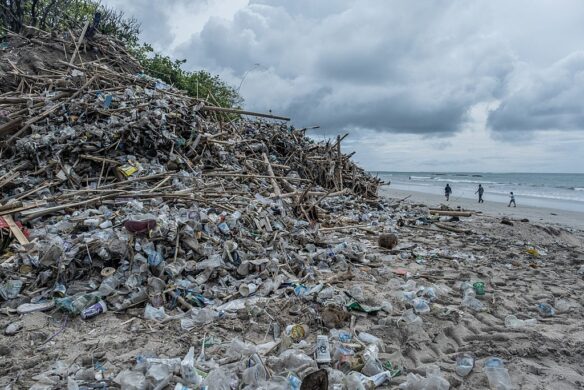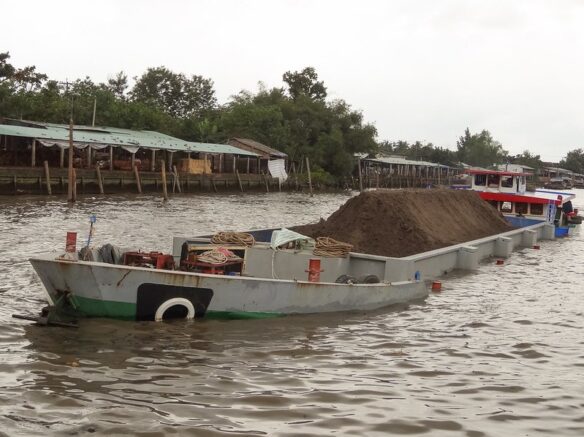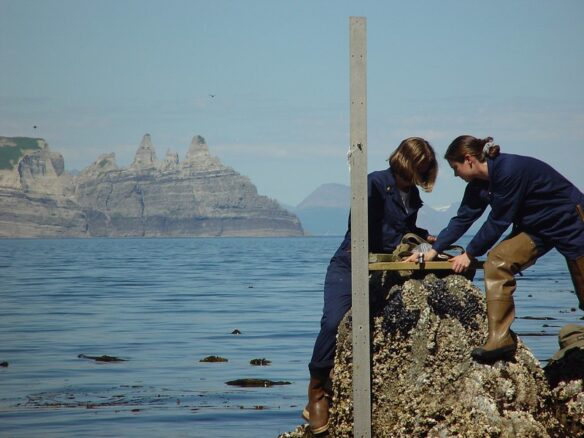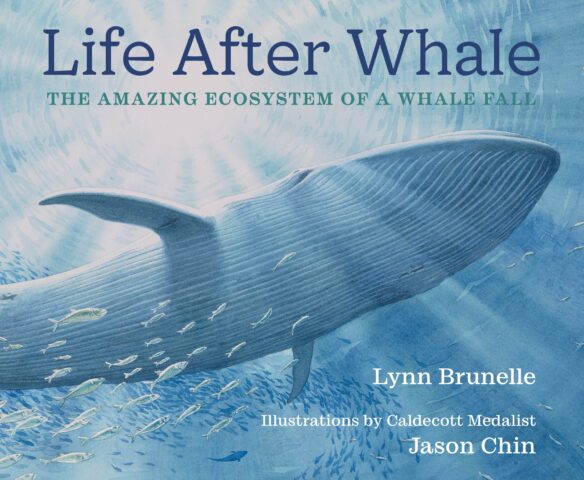Excerpt:
While the EU, the US and the UK have been preoccupied with the Ukraine war, and its threats of nuclear terrorism and attendant cost of living crisis, many seem to have missed another major geopolitical change in this past year…While poor countries struggle with debt mountains, rich countries have so far failed to fulfil the promise made in 2009 to provide $100bn (£84bn) a year in climate finance by 2020.
Vaccines, debt, an energy crisis they did not cause, sharp rises in the price of food, western hypocrisy in expanding fossil fuels while calling on developing countries not to – before Cop27 started, these were already a combustible mix.
Developed countries, according to Bernice Lee, director for futures at the Chatham House thinktank, failed to understand this new dynamic, and the sense of anger that animated poor nations at Cop27. “The G7 can seem tone-deaf,” she said.
What this all meant, according to one highly placed person in the negotiations, was that when developed countries sought support for their aims on keeping 1.5C alive, they found it lacking. They said the UK, EU and others had failed to understand that the issues of loss and damage, and the 1.5C goal, were connected. “They didn’t understand that if they wanted their desires to be reflected in the text, they needed to listen to what other countries were saying, to what their demands were,” said the source. “They didn’t listen.”
The deal that was finally struck on loss and damage may provide a basis for the rich countries to better understand the concerns of the poor in future. They will have to work together on setting up the fund over the next year, and on filling it with the cash needed for the disasters countries are experiencing.
This still leaves the question of what to do about China. Developed countries as a bloc are still in the top five emitters, taking historical responsibility into account, but individually they are eclipsed by rapidly growing emerging economies, such as China, Russia, Saudi Arabia and other petrostates, according to Paul Bledsoe, a former Clinton White House climate adviser, now with the Progressive Policy Institute in Washington DC.
“This Cop was something of a failure, because it completely let the world’s biggest emitter, China, off the hook,” he said. “Global emissions can’t fall until China’s emissions fall. This is the key to climate protection.”









